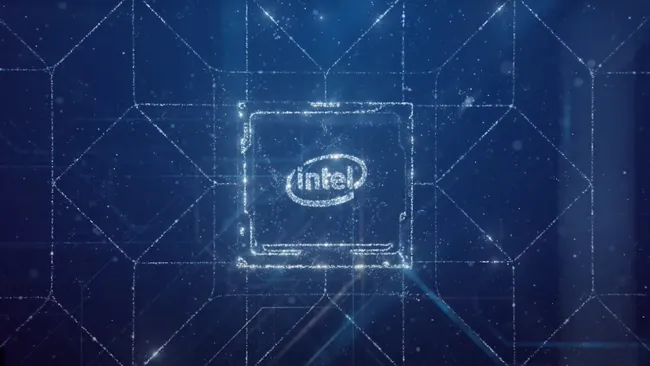Intel plans to focus on future technologies, such as AI and chiplets
At last year’s Meteor Lake chip launch in New York, Intel CEO Pat Gelsinger hinted at the company's future direction, noting the company is on track to integrate five new nodes in four years, culminating in 2025. This includes the Intel 7, Intel 4, Intel 3, Intel 20A, and Intel 18A processes, used in a range of server processors.
However, going forward Intel hinted that its traditional release schedule may be discarded in favor of shipping products when ready in order to allow the company to catch up with rivals.
Intel says this will help its aim to offer customers more options by selling multiple generations of chips simultaneously, while serving the demand for customized products.
Chiplets with everything
The tech giant is focused on integrating emerging technologies, such as artificial intelligence, and chiplets (which the company can put in a single package). Intel's chiplet technologies could erase the distinction between server and client products, allowing the company to assemble chips based on customer needs. This could enable Intel to rapidly produce custom chips for specific industries.
“As you go to chiplets, you’re not doing as large a die, and you have smaller die. In fact, when we go to 18A, a finish of our five nodes in four years, we’re almost concurrently tapping out the client and server parts. That’s something we’ve never done before,” Gelsinger said, according to HPCwire.
“We look at the Core Ultra packaging — we’re innovating on Foveros packaging [a wafer-level 3D stacking solution that delivers greater performance in a smaller footprint] but we’re going to be using that on the next generation server part in this chiplet architecture, there are so many ways to blur the lines between many of our designs,” Gelsinger concluded.
Intel stands out as the only fully integrated chip company, offering chips or manufacturing services to firms designing their own processors. This dual strategy could ensure Intel's survival, because while rivals Nvidia, ARM, AMD, Qualcomm, and Apple vie for market share, the company gets to manufacture their products.



3175x175(CURRENT).thumb.jpg.b05acc060982b36f5891ba728e6d953c.jpg)
Recommended Comments
There are no comments to display.
Join the conversation
You can post now and register later. If you have an account, sign in now to post with your account.
Note: Your post will require moderator approval before it will be visible.